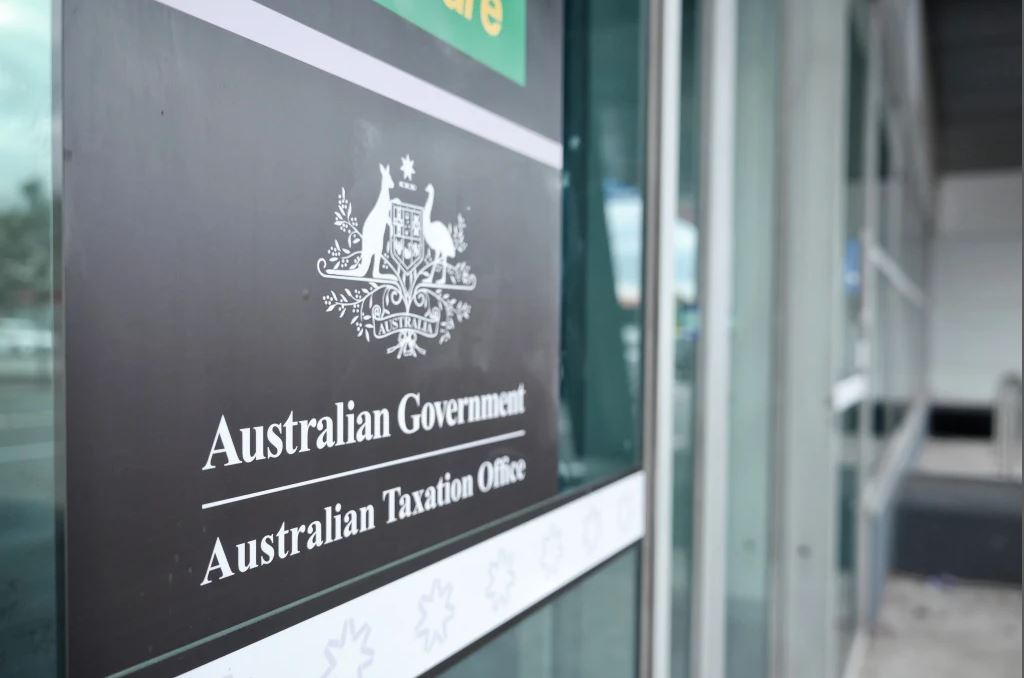The ATO is doubling down on its debt recovery efforts, with a focus on aged, high-value debts. This is in response to the growing collectable debt book, which has increased by 89% over the past four years to $50.2 billion.
Speaking at the Tax Institute’s Tax Summit last week, Deputy Commissioner Vivek Chaudhary outlined that small businesses are disproportionately represented in the ATO’s debt book, owing over $33 billion of the total collectable debt. The ATO is targeting these businesses with a new four-year program that will focus on debts over $100,000 or debts that have been overdue for more than two years.
Mr Chaudhary observed that following on from the leniency offered by the ATO during the COVID-19 pandemic, many businesses are de-prioritising payment of tax, noting that even profitable companies are simply choosing not to pay their taxation obligations.
For these businesses, it appears that concessions will no longer be available and their debts will progress straight to firmer and more proactive recovery measures. This could include garnisheeing bank accounts, issuing Director Penalty Notices (DPNs), referring the debt to credit reporting agencies, or issuing Statutory Demands for payment.
On the topic of DPNs, Mr Chaudhary outlined that since July 2022, over 24,000 DPNs had been issued to directors of over 18,000 companies. Additionally, 19,000 notices of intention to disclose tax debts to credit reporting agencies were issued. These measures prompted engagement and repayment of some tax amounts; however it appeared that two out of every three taxpayers that received a notice of these kinds took no action. This suggests to us that taxpayers are either apathetic about the seriousness of their situations, or worse still, that the taxpayer is a ‘zombie’ entity with no means of proactively addressing their debt.
The ATO is also taking steps to improve its debt collection processes. This includes using new data analytics tools to identify and target high-risk debtors. The ATO is also working with businesses to help them get their tax affairs in order.
Accountants play an important role in helping businesses to comply with their tax obligations. They can help businesses to understand their tax liabilities, prepare accurate returns, and make timely payments. Accountants can also help businesses to negotiate with the ATO if they have a tax debt.
Accountants in our network should be aware of the ATO’s new firmer debt recovery measures. You should also be prepared to help your clients to get their tax affairs in order.
Here are some tips for accountants on how to help their clients with tax debt:
- Understand the client’s financial situation.
- Help the client to develop a plan to repay the debt.
- Negotiate with the ATO on the client’s behalf with their blessing.
- Provide support and advice to the client throughout the debt recovery process.
By working with the ATO and providing support to their clients, accountants can help to reduce the level of collectable tax debt in Australia and avoid situations evolving into an insolvency appointment.
In addition to the above, accountants can also help their clients to avoid tax debt in the first place by:
- Providing accurate and timely tax advice.
- Ensuring that their clients are aware of their tax obligations.
- Helping their clients to set up systems and processes to manage their tax affairs.
By taking these steps, accountants can play a valuable role in helping to ensure that businesses comply with their tax obligations and avoid unnecessary debt.
You can read Vivek Chaudhary’s full speech here.

About the author
Greg Quin is a Partner at HLB Mann Judd Insolvency WA and has been with the team for 14 years. Greg oversees the daily operations of the many insolvency appointments managed by the HLB Insolvency team and looks after the operations of the practice.
If you have any queries about insolvency matters, please feel free to contact Greg on 08 9215 7900, 0402 943 091 or via email to gquin@hlbinsol.com.au.
Share to:

